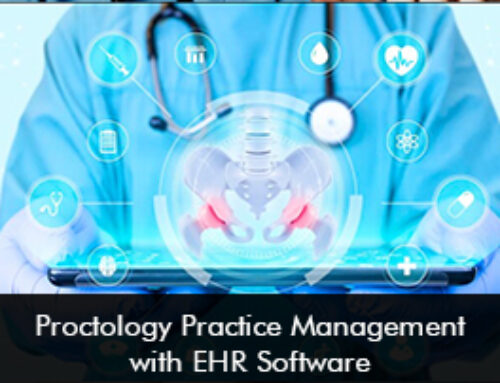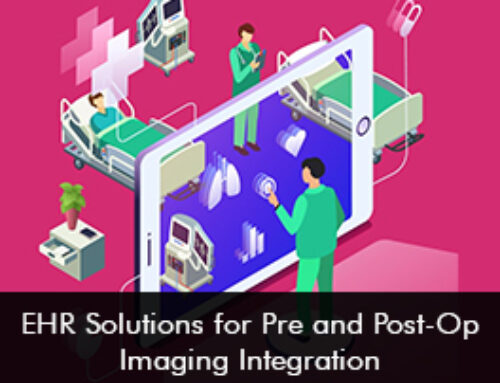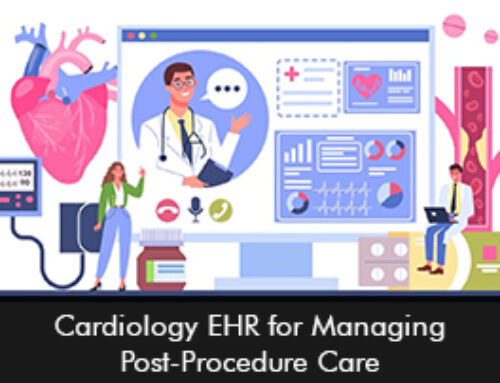Electronic health records software is a modern healthcare solution to streamline daily administrative and clinical workflows. Cardiologists rely on their cardiology specific EHR software system as it is designed to meet the unique needs of the cardiology practice.
These robust software systems can easily be customized according to individual needs so they can easily adapt to practice workflows. Cardiologists can provide enhanced patient care and reap financial and clinical results by implementing a Cardiology Specific EHR Software Solution.
Features present in a Cardiology EHR Software
- Cardiology-specific templates
- Cardiology device integration
- Cardiac data analysis
- An alert system
- Cardiology specific CPT and ICD-10 coding and billing
- PQRI outcomes
- Order sets
- E-prescribing (e-Rx)
Functionalities present in a Cardiology EHR Software
All these functionalities help to provide many practice efficiencies and benefits to the cardiology practice which are quite clear. Here are the reasons why cardiologists rely on a robust software system.
- Streamlined Workflows – Health care providers can optimize workflows by using the cardiology specific templates in their EMR software. Through the templates available the cardiologists need to enter data manually as all patient details are sent automatically from their medical history to lab reports. Daily workflows of data entry and sending bills are automated which also helps to reduce overhead costs.
- Improved Patient Care – Features like health maintenance reminders and specialized alerts in your cardiology EHR software helps to improve patient safety and care. These alerts help to make the provider aware of any potential issues or problems. Order sets available in the EMR software promotes safe and efficient patient care.
- Paperless Transactions – Cardiology EHR software helps to reduce any printing and paper costs through the robust tools of e-Rx, patient portals, and digital payment capturing. These features enable the cardiology practice to become more efficient by reducing any paper clutter and makes available for more additional storage space.
- Efficient Documentation – Cardiology specific templates like a stress test, Holter monitor reports, and exercise stress helps to automatically populate the patient information which eliminates duplicate data entry. This allows the clinician to be more efficient in their documentation and overall speeds up the charting procedure.
- Template Customization – Customized templates within the patient records help to promote efficient patient follow-ups. These templates can be easily organized according to the type of test ordered. Folders can be accessed in a breeze and the headache of not having the needed test results for each appointment is excluded.
Conclusion
The all in one solution of the cardiology EHR software system can improve efficiency at every step and helps your practice going forward. To find the right electronic health records solution for your cardiology practice you should look for a software system that is customizable and flexible and should offer communication with ECG machines, Holter monitors, and other devices. It is further advised to look into cloud-based options as they facilitate secure access to patient charts, and practice schedule. Examples of top-ranked cardiology EMR software options include; AdvancedMD EMR Software, athenahealth EMR Software, Kareo Clinical EMR Software, ChartLogic EHR Suite, and CareCloud EHR Software.







